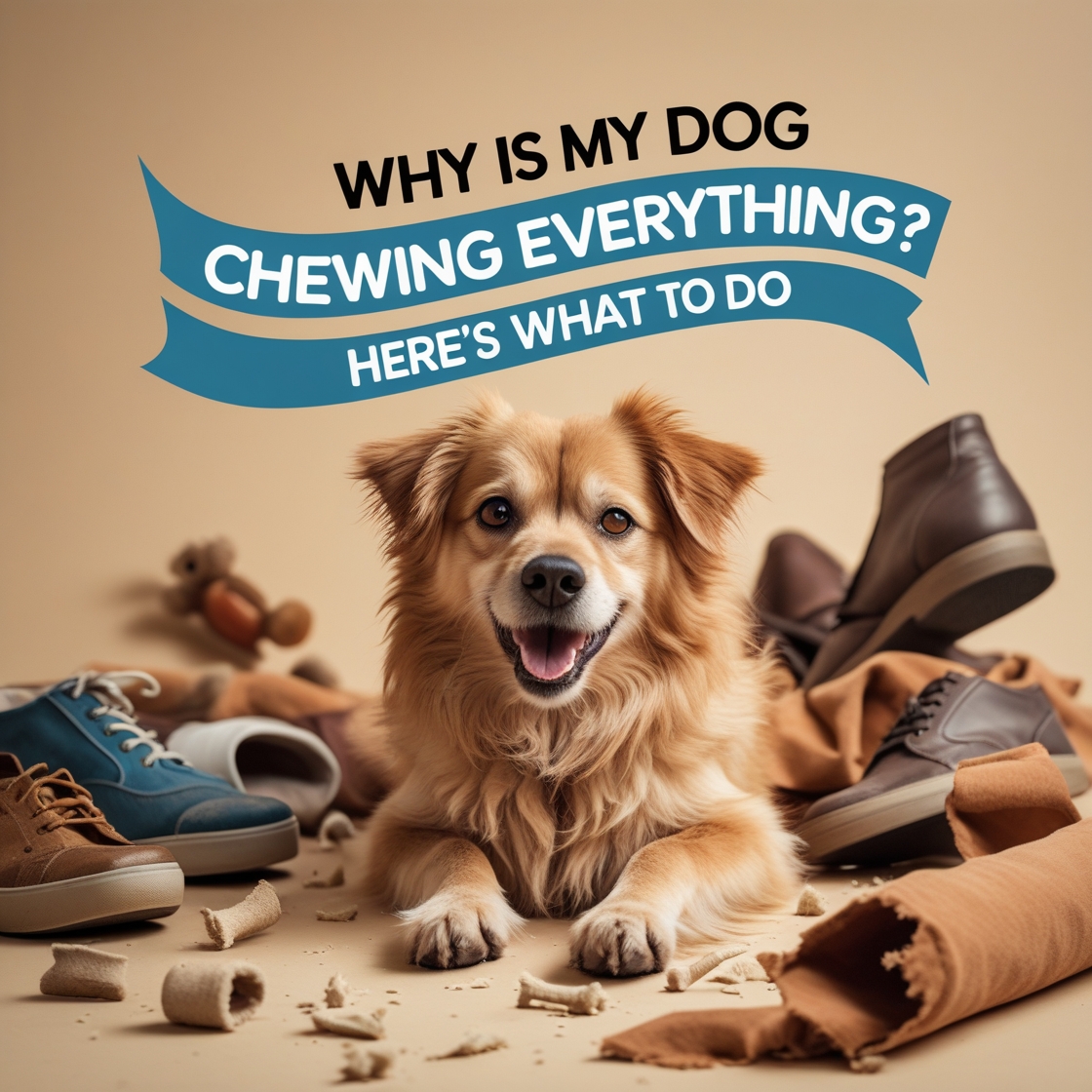Here’s an informative article on the topic:
Why Is My Dog Chewing His Paws? Causes & What You Can Do
It’s normal for dogs to lick or nibble their paws occasionally, but if your pup is constantly chewing or licking his paws, it could be a sign of an underlying issue. Understanding the reason behind this behavior is key to helping your dog feel better—and keeping those paws healthy.
🐾 Common Reasons Why Dogs Chew Their Paws
1. Allergies (Food or Environmental)
One of the most common reasons dogs chew their paws is allergies. These can be caused by:
- Food (like chicken, beef, or grains)
- Pollen, grass, or mold
- Dust mites or household cleaning products
Signs: Chewing, licking, red or swollen paws, and frequent ear infections.
2. Infections (Yeast or Bacterial)
When a dog chews too much, it can lead to or worsen a skin infection. You might notice:
- A foul odor
- Discoloration (brown or reddish paws)
- Swelling or oozing
3. Parasites (Fleas, Ticks, or Mites)
Fleas or mites can make your dog’s skin extremely itchy—especially in the paw and toe areas.
Tip: Check between the toes for signs of parasites.
4. Injury or Foreign Object
A cut, splinter, or thorn can irritate the paw and cause your dog to chew to relieve pain or try to remove the object.
5. Anxiety or Stress
Some dogs chew their paws out of boredom or anxiety. This is more behavioral than medical.
Common triggers: Being left alone, lack of exercise, or loud noises.
6. Dry Skin or Irritation
Winter weather, salty sidewalks, or harsh grooming products can dry out a dog’s paw pads, causing itchiness and chewing.
✅ What You Can Do to Help
- Visit the Vet: Always start by ruling out medical causes, especially if the chewing is frequent or leads to sores.
- Switch to a Hypoallergenic Diet: Try limited ingredient or grain-free dog food.
- Clean & Inspect Paws Regularly: Rinse paws after walks and check for cuts or debris.
- Use a Cone or Booties: Temporarily prevent chewing to allow healing.
- Apply Dog-Safe Balm: Helps with dryness or cracked paw pads.
- Address Anxiety: Offer more exercise, puzzle toys, or calming aids.
🦴 Final Tip
Your dog’s paws are sensitive and important for their mobility. Persistent chewing isn’t just a bad habit—it’s a signal. Listen to your dog, identify the cause, and take steps to fix it.


